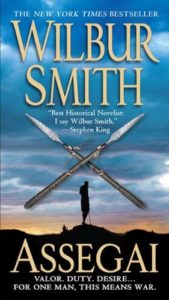
One of the best ways I’ve found to learn history is through historical fiction. Though I’ve studied African history and read a fair amount of nonfiction about the continent, I may have learned just as much from Assegai by South African novelist Wilbur Smith, a popular story set in British East Africa (now Kenya) in the period 1906-1918. (The title means “sword” in the language of the Masai.)
As a novel, Assegai is far from perfect. It’s the adventurous tale of a young white African man, just 18 at the outset, who displays his seemingly superhuman prowess as a soldier, a wild game hunter, a fighter pilot, and a lover. To say the least, Leon Courtney is hard to believe, as is his love, the extraordinary young woman whom we first meet as Eva von Wellberg. She is, of course, a paragon of beauty, grace, intelligence, cunning, and athletic ability both in and out of bed. And the two aristocratic Germans who play large roles in the book as antagonists could easily fit nicely into the role of villains in early silent films, twisting moustaches and evil eyes included.
Assegai by Wilbur Smith ★★★★☆
Hyperbolic characterizations aside, though, Assegai opens up a window on a time and place about which I know so little. The author’s portrayal of the Masai people with whom Leon Courtney works, while idealized, projects the pride and dignity of an historically important ethnic community. As the action unfolds in the years before and during the First World War, Assegai throws light on the historical sideshow that was the struggle between German and British colonial forces in that theater so many thousands of miles from the Somme and the Argonne.
Assegai is one of the 13 novels in the saga of the Courtney family, which spans the five hundred years beginning in the 1600s.
Wilbur Smith, with more than 30 historical novels to his credit, is probably one of the world’s best-selling writers. His books loom large on the shelves of bookshops in many parts of the world outside the U.S., but they are less extensively read here , because his subject matter is his beloved native Africa.
Smith’s writing style is full of color and imagery. Hyperbole aside, it’s a pleasure to read.
For further reading
This is one of 20 top books about Africa, including both fiction and nonfiction.
If you enjoy reading history in fictional form, check out 20 most enlightening historical novels. And if you’re looking for exciting historical novels, check out Top 10 historical mysteries and thrillers reviewed here.
You might also be interested in Top 10 great popular novels reviewed on this site.
And you can always find my most popular reviews, and the most recent ones, plus a guide to this whole site, on the Home Page.

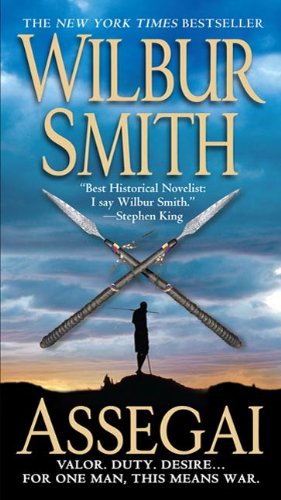
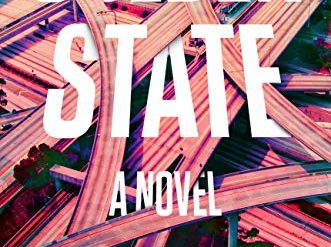
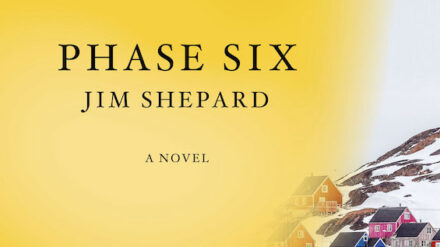
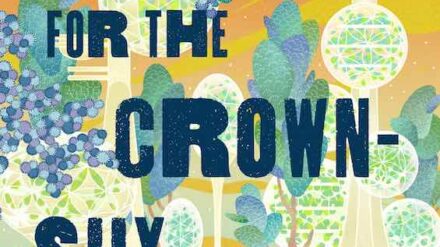
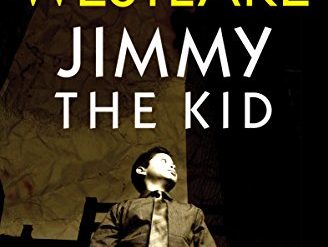






















Bernard Cornwell is novelist who has written some historical fiction I have found very entertaining. Here are some that I recommend:
Gallows’ Thief (19th century England)
Agincourt (King Henry’s victory over the French)
Grail Quest Books (14th century France):
o The Archer’s Tail
o Vagabond
o Heretic
Saxon Series (Dark Ages England)
o The Last Kingdom
o Pale Horseman
o The Lords of the North
o Sword Song
o The Burning Land
He also wrote the Sharpe’s series of books, some of which have appeared as episodes on PBS Masterpiece Theater.
I’ve read a few of Cornwell’s novels about Britain’s wars before the Norman invasion. I too found them entertaining.
Mal,
You might enjoy Salmon Fishing in Yemen. A lightweight but interesting and amusing tale told in letters and memos. I’m enjoying your recommendations.
Best regards, Betty
Thanks, Betty. I’ll check it out.